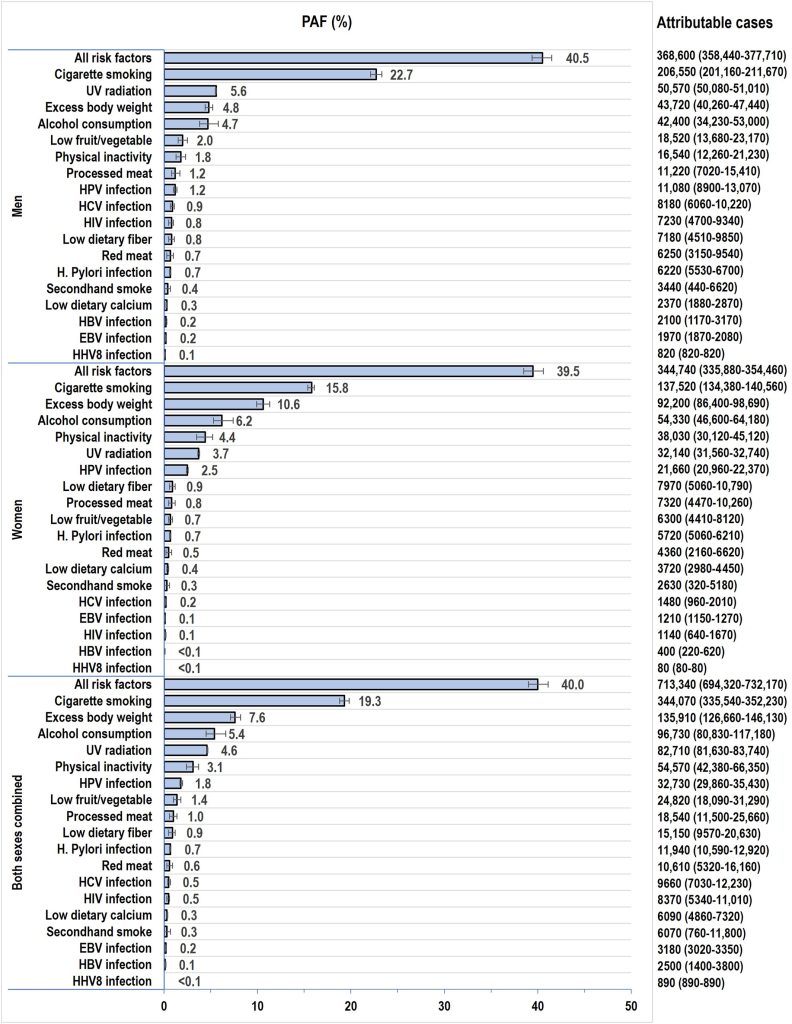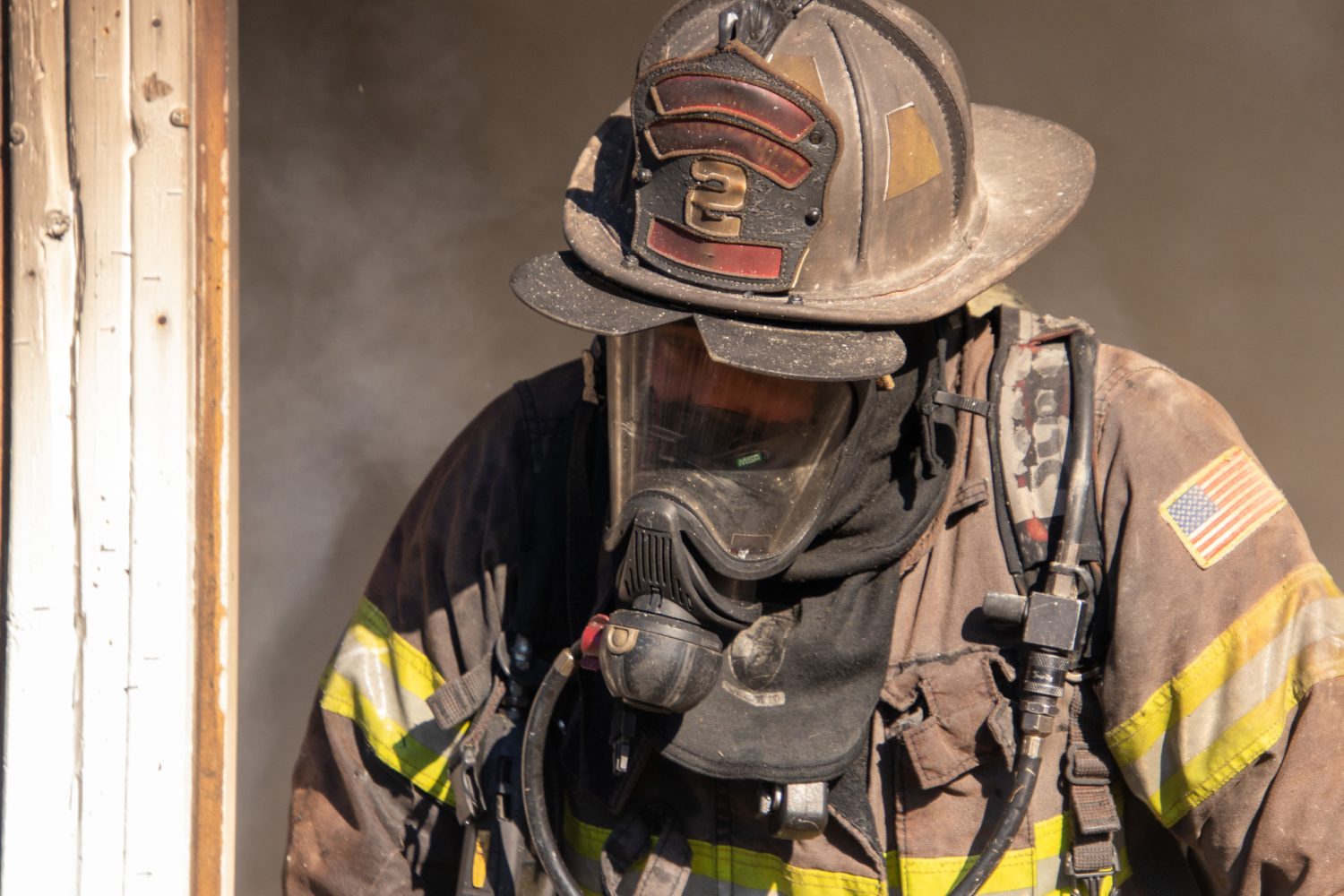Contributed by Nicholas E. Blonien, D.O.
We started the year with Firefighter Cancer Awareness Month – an important reminder that despite protective gear and other safety measures that firefighters take while on the job, they are still at a higher risk for cancer than the general public.
Due to exposure to carcinogenic compounds and other harmful toxins, those in the fire service community have a 9% increased risk of a cancer diagnosis and 14% higher risk of dying from cancer compared to those in other professions.
Therefore, it’s especially important for firefighters to prioritize healthy lifestyle choices and habits to combat the unavoidable risks they already face. Keeping overall health top of mind is critical as research shows the general public is struggling in some ways to do so.
Research shows top health risks are lifestyle-driven
A study published by the American Cancer Society examining the number of cancer cases and deaths in the general public pointed to modifiable lifestyle factors that could curb these statistics. With cigarette smoking, excess body weight, alcohol consumption, UV radiation and physical inactivity rounding out the top five risk factors for disease and death in this study – smart and consistent lifestyle choices could make a big difference in changing current outcomes.
In July 2024, the American Cancer Society also published an analysis of cancer burden (excluding skin cancers) attributable to modifiable risk factors in the United States general population. Researchers found that up to 40% of cancer cases and deaths were linked to unhealthy behavior and largely preventable infection.

Health tips and resources for firefighters
So even with occupational exposure to dangerous fumes minimized as much as possible but never completely eliminated for firefighters, what can they do to help neutralize their increased cancer risk overall?
On a personal level, firefighters can focus on good sleep habits, eliminate tobacco use, minimize alcohol consumption, exercise frequently and eat a minimally processed diet high in plants and fiber to try and keep cancer at bay. And while it’s highly encouraged to live as healthy of a lifestyle as possible, at some point it’s hard to avoid illness or injury, and MnFIRE is here to support firefighters at these stages.
MnFIRE and the Hometown Heroes Assistance Program
From a professional and operational standpoint, MnFIRE offers no-cost trainings that focus on firefighter occupational health risks including cancer, cardiac and emotional wellness, plus deep-dive trainings on sleep, nutrition and fitness. Click here to learn more and register your department for a training session.
One of the offerings through MnFIRE’s Hometown Heroes Assistance Program is a critical illness insurance policy covering diagnoses related to a heart attack, cancer, post-traumatic stress injury (PTSI) or other critical illnesses. This program provides a lump-sum cash payment of up to $20,000 per diagnosis to assist with expenses. In 2024, 196 claims were paid to firefighters, totaling $1,911,000.
The impact has been significant, with the fire chief for the City of Rosemount recently battling an unexpected cancer diagnosis. He was grateful for the financial support through this program. Read more about his experience.








